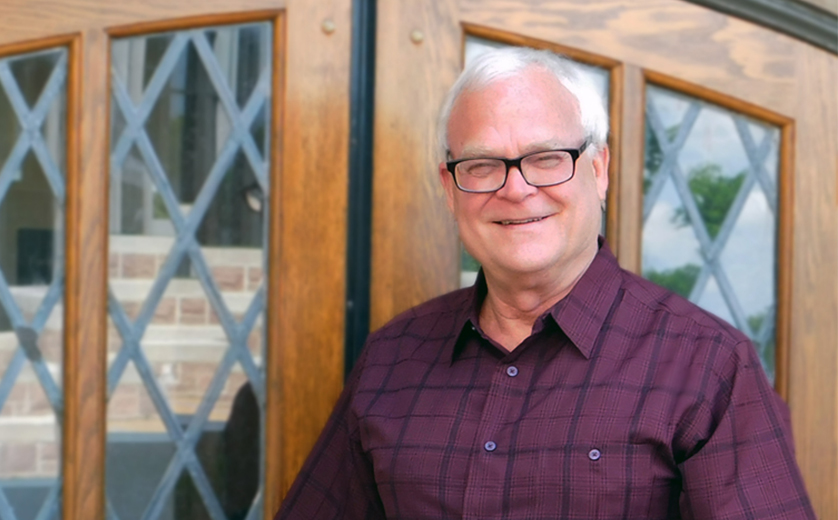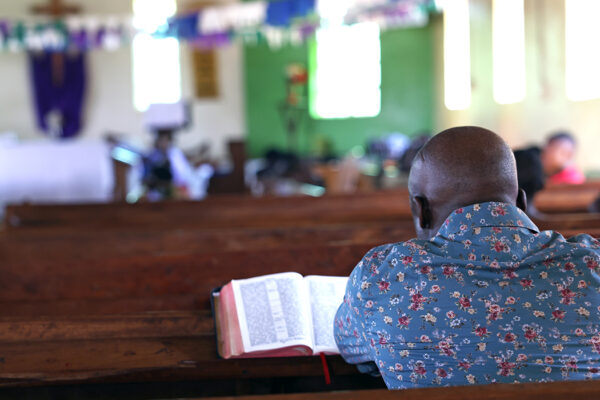A new bill introduced in the U.S. Senate that would create a national children’s savings account policy draws heavily on research by Washington University in St. Louis’ Center for Social Development (CSD).
The 401Kids Act, introduced by U.S. Sen. Bob Casey of Pennsylvania, is designed to empower all children, particularly those from disadvantaged households, by providing a means for them to accumulate assets for developmental priorities such as higher education.
The legislation is based on part on rigorous research by the CSD, particularly findings from the long-running SEED for Oklahoma Kids experiment.
Evidence shared by CSD researchers at the Brown School and by Ray Boshara, a CSD senior policy adviser, informed provisions of the bill, including through Boshara’s concurrent role as a legislative fellow in Casey’s office.

Under the legislation, all children would automatically receive a 401Kids Savings Account in their state of residence, and state treasurers would be authorized to establish the accounts through an omnibus structure within state 529 college savings plans. If a state chose not to exercise that authority, children residing there would receive an account through the U.S. Treasury.
The bill would permit individuals to contribute up to $2,500 per year into 401Kids accounts and provide for annual federal deposits into the accounts of disadvantaged children.
“The 401Kids legislation is an important step in opening the doors of opportunity for every child in the United States,” said Michael Sherraden, the George Warren Brown Distinguished University Professor and CSD’s founding director.
“This bill creates a national structure for building assets that families can use to invest in their children’s future,” he said. “Once that structure is in place, it can broaden inclusion in countless ways.”
The 401Kids policy reflects CSD’s vision of transforming 529s into an inclusive, progressively funded, lifelong platform for all Americans to build wealth.
SEED for Oklahoma Kids, CSD’s long-running test of CDA policy in Oklahoma, has shown that this policy model can be scaled to serve the full population of children, delivering financial and nonfinancial benefits, some of which are greater for disadvantaged children.
The research results have informed adoption of CDA policies in seven U.S. states and several international jurisdictions. The most recent national policy, in Kazakhstan, launched Jan. 1.
Read more about the legislation, and CSD’s role in it, on the CSD website.


